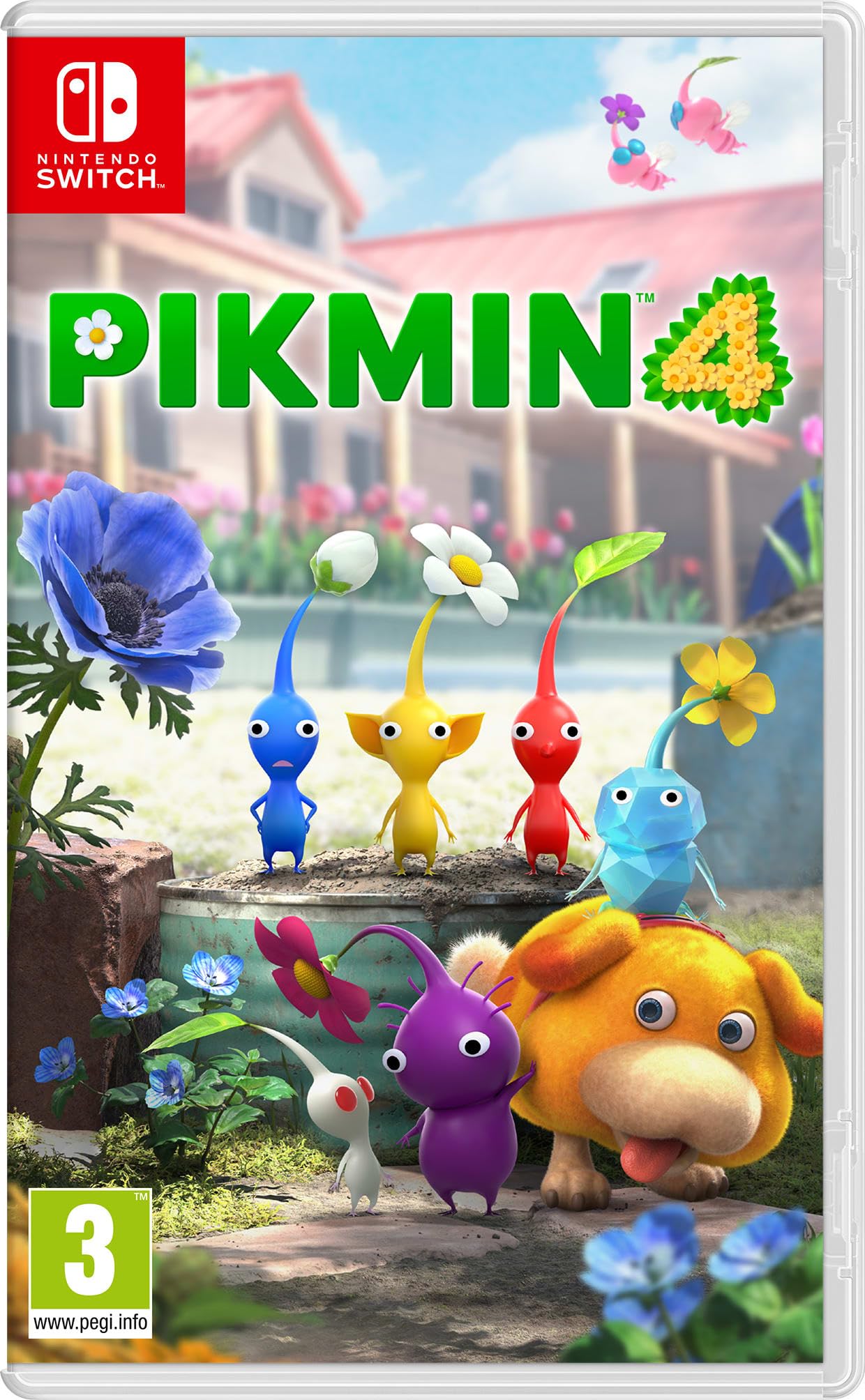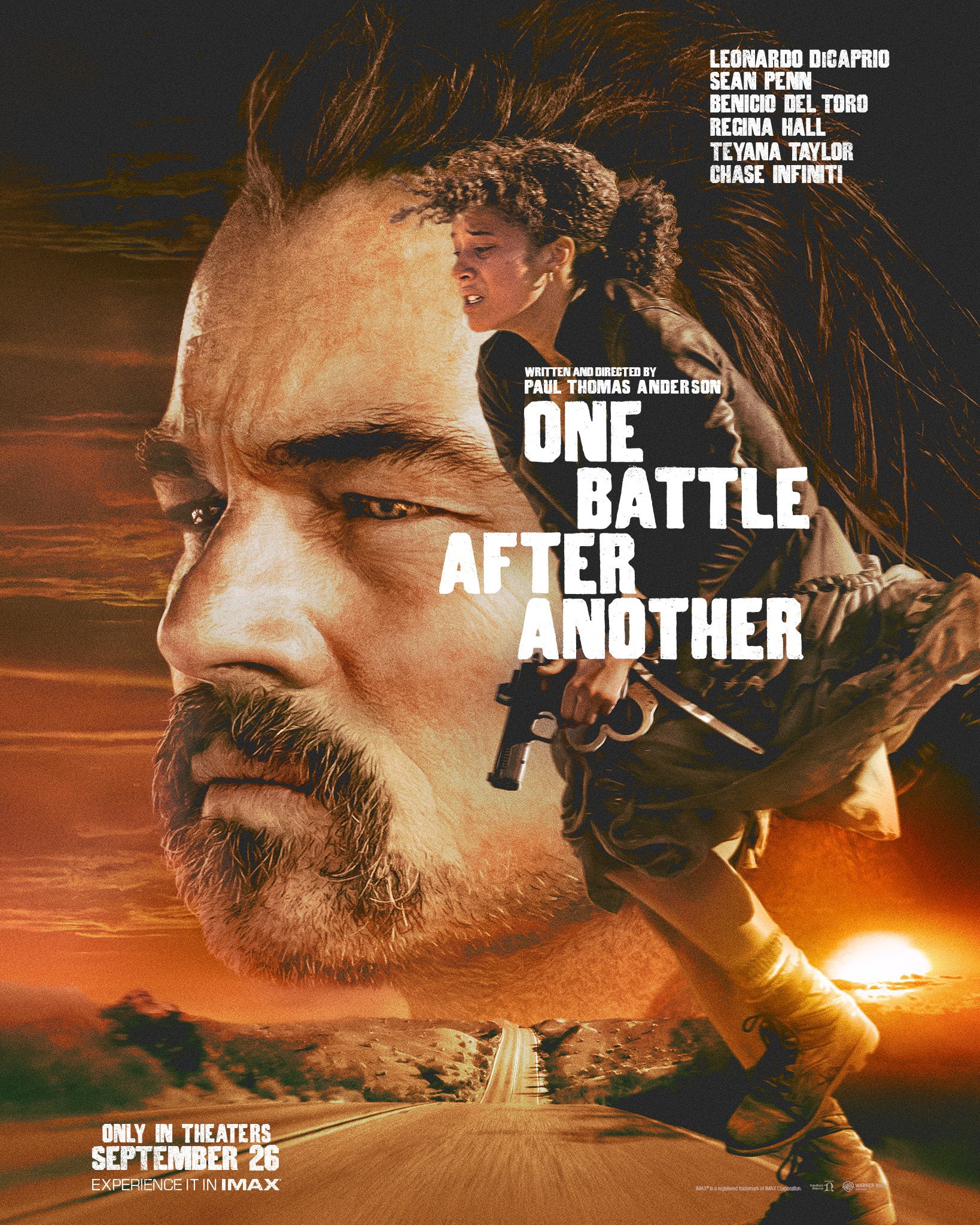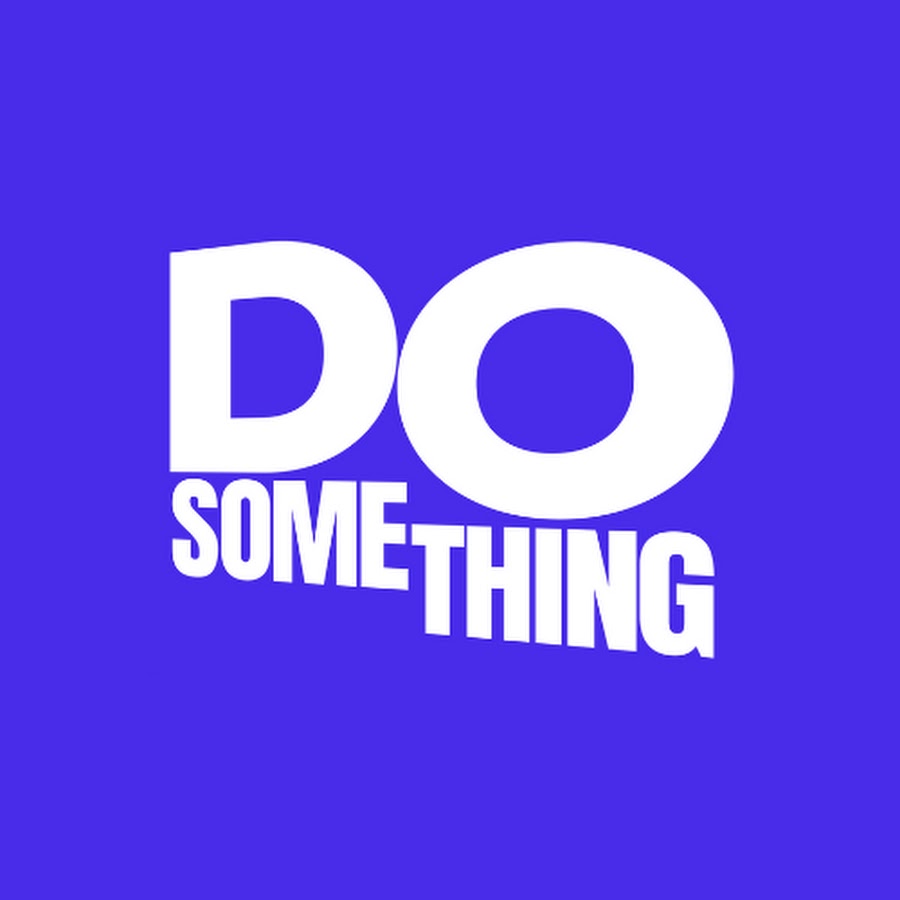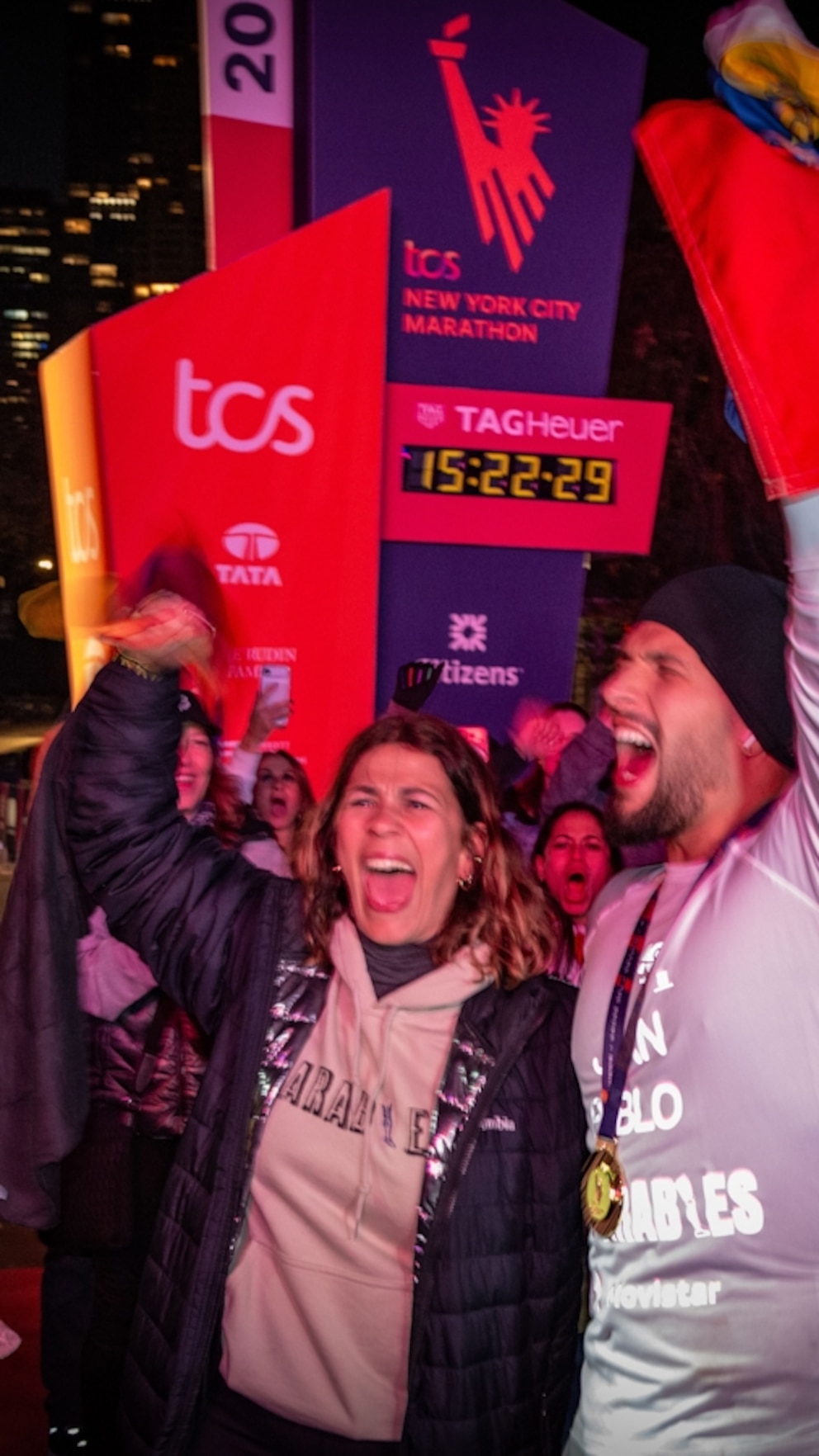
VOLUME ONE | ISSUE THREE
Wednesday, November 5, 2025
A Word From The Editorial Director
The game of life is not a game. Be it school versus a game of dice, a father, son, and baseball, or marriage, relationships, and divorce, this issue is about the many shapes of the game of life. But we also mix it up, too, with Adrienne Burke’s joyful take on Pikmin, and ABC News’ Linsey Davis, a long-distance runner, thinking through, on same day as the New York City Marathon, what game means to her. And so it is….
Kevin Powell, The Game Editorial Director, is a GRAMMY-nominated poet, humanitarian, author of 16 books, filmmaker, and writer of forthcoming biography of Tupac Shakur.
THE NEW RULES
Today’s Mathematics: Shooting Dice
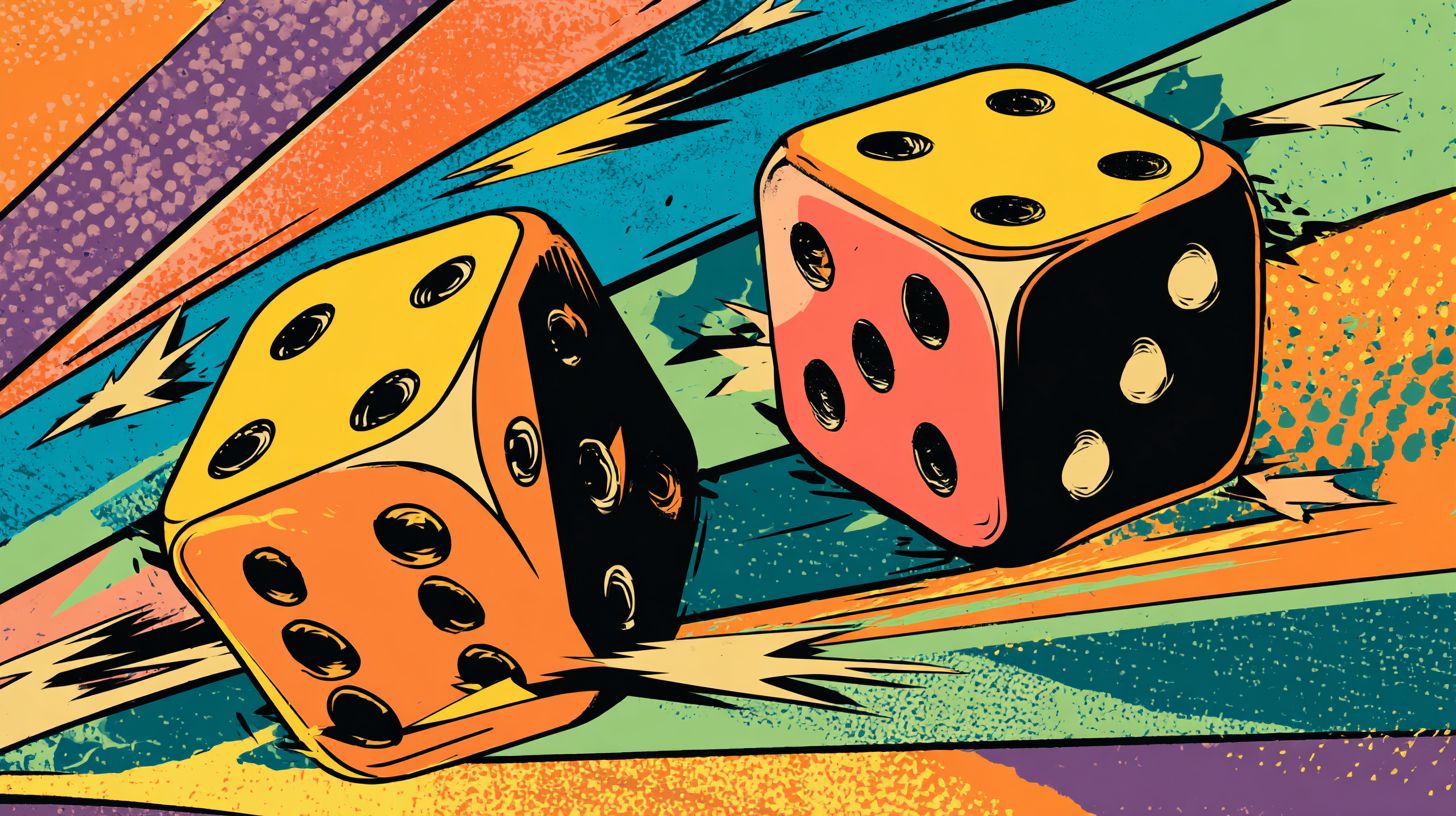
Ezekiel Hunt
I remember nippy California mornings at my South Los Angeles high school, stepping out of first period with my eyes crusted over, turning the corner into a heated atmosphere of high-stakes wagers and side bets. A crowd of 7 to 10 would fill a bathroom and assign one to keep watch, as a pair of dice or a coin was pulled out to begin the daily routine of gambling. Everyone knew the risk; not only did one have the chance of losing their lunch and transportation money if they lost, but they could lose their enrollment at the school if they were caught, and their dignity if one of the boys decided he liked the odds of beating the other in a fight more than rolling the right number on the dice. Yet day after day, at a school where a disproportionate percentage of students were on free or reduced lunch, the bathrooms were filled with the odor of cheap body spray and the sound of sneakers, sharp whispers, and crackling dice.
Meanwhile, according to the State Tests, hardly anybody of a darker complexion and lower household income could do math. The restroom craps halls suggested otherwise. With dizzying speed, boys with growling stomachs kept careful count of money being wagered and the established “point”—the number that needed to be obtained with a combination of integers on the dice before a 7 was rolled. Utilizing basic principles of probability, spectators would “side bet” on a winning roll, such as a “5-9”, where the player had to roll a sum of 5 or 9, each having an 11.11% chance per roll, or a “6-8” where each outcome had a 13.89% likelihood per roll.
Through repetition, players knew that a 6-8 was a safer bet, so a 5-9 usually carried higher stakes.
What always amazed me was the speed and assuredness of the gamblers. These were guys that often avoided being called on in class—convinced that math, and school in general, wasn’t for them. But as an acclaimed Black woman writer once said to me and a class, “Black brilliance often comes out when we are allowed to play.” Amidst the war that has been waged on us historically, Black folks have often learned to survive through games, sports, and creative expression—every day another role of the dice, a different deck of cards, where we must work with what we got.
Ezekiel Hunt is a writer from South Los Angeles, California. After relocating to Houston, Texas to attend Prairie View A&M University, Ezekiel received a Bachelor’s of Science degree in Psychology and graduated from the Columbia Publishing Course in 2024.
Baseball and My Father

Antonio Tijerino
This past week marked the one-year anniversary of my father’s passing. It also marks Dia de los Muertos so consider this post as my ofrenda to mi papi.
The final mark of this week is that I watched the entire World Series game 7 acompanado with my father’s spirit right up to the series-ending double play that clinched victory for the Dodgers. This is very meaningful because this was the first World Series since he passed and the last conversation I had with him a year ago was right after the World Series concluded with the Dodgers winning.
You see, beisbol was much more than simply a sport to my papi and me. It served as a language we both spoke despite our differences. It was a bridge between a father who didn’t often say “I’m proud of you” (although I knew he was and he did end up saying it while choking up like Felix Milan did on this bat) and a son who may not often ask for guidance (though he knew I was looking for it like Jim Palmer reluctantly getting it from Earl Weaver). The baseball field or the front yard was our church, classroom, and bridge to intergenerational bonding.
He gave me my second hero, next to him, who was the great Roberto Clemente. He took me to a game in Baltimore as a young boy as we both watched in wonder at number 21 throw out a misguided runner who was trying to go from first to third on a hit that ended up in Clemente’s glove deep in right field. Bam went the third baseman’s glove receiving a missile from the greatest arm in history. To bring us even closer together, Clemente died in a plane crash while heading to support devastated earthquake victims in Nicaragua where my dad and I were born.
The hug of comfort and despair at the moment he shared the news that Clemente had died remains like a phantom feeling from a missing limb.
Since then, every Nicaraguan baseball player to make “las grandes ligas,” no matter what impact they had on the diamond, made a huge impact on our conversations. Because baseball was how pride was spoken, how love was exchanged, how our culture survived generations like the longing moments between pitches in the critical innings of a game.
The morning after game 7 I asked my son—who is also named Tonito as my grandfather, my father and I are named—to watch highlights of the game that started last night, which poetically went into extra innings and spilled into early this morning to mark the anniversary of “abuelo” passing.
Tonito isn’t very much into sports and our father/son bond is with music, but he attentively watched the highlights as I emotionally described the dramatic plays as I channeled my own papi. And there it was, three generations of Tonito toyacos connected through America’s, and Nicaragua’s, national pastime. It was a powerful moment to mark the anniversary of my beloved papi’s passing.
Toward the end of his life, I’d ask him how he was doing and he would always reply, “Esto en extra innings, papito.”
El juego continúa mientras estés en mi memoria, papa...
(Papa, te quiero y te extraño muchísimo en tantos sentidos, pero siempre estas en mis pensamientos y mi corazón)
A proud immigrant from Nicaragua, Antonio Tijerino is president and CEO of the Hispanic Heritage Foundation, a national nonprofit focused on education, workforce, social impact and culture, through the lens of leadership, which he describes as a “malleable mission.” Under Tijerino, HHF has been honored by The White House, US Congress, Fortune 500 companies, other nonprofits, and even the Government of Mexico.
|
>> CHECKPOINT << What we are looking at every week.
PRESS START TO CONTINUE... |
Basic Needs

Jamal Evan Mazyck, Ed.D.
Conventional wisdom defines basic needs as essentials required for survival and well-being, historically consisting of food, water, shelter, and clothing. We can double-click to include healthcare, education, and, dare I say, oxygen as basic needs. If we drill down further, we might uncover what some may classify as a basic need, and that is, the need to be in a committed relationship. The trouble with including in the basic needs category is that there are many ways to define relationships beyond traditional heteronormative standards. As someone who is exiting a same-sex monogamous relationship, ending a 12-year marriage, I found myself questioning the value of being in a committed relationship. More specifically, I find myself wondering whether the way I defined a relationship was obsolete and if I need to evolve.
As I enter this new chapter in life, I am confronted with terminology I had not anticipated. Polyamory, ethical nonmonogamy, and throuple are just a few of the many terms that are rapidly redefining how society views relationships. These are just a few terms that jumped out at me while navigating the death of a long-term relationship, and there is one underlying theme that continues to resonate. The idea that relationships have been defined in one of two ways, legally or biblically. These classifications allow for colonialist and oppressive systems to dictate how folx define their place in the world. This is especially a new concern in the context of what seems to be an outdated version of how relationships are established and cultivated. Although there is absolutely nothing wrong with monogamy, there is something to be said for determining what is important in a relationship and how you define it without the influence and input from others.
There has been an uptick in defining relationships conversations with my happy hour crew, and even in professional circles when discussing beneficiaries and healthcare policies. Just when I thought I had no business engaging in ethical nonmonogamy conversations, I found myself more curious than I had ever previously imagined. Questions about primary partners and satellite partners lately have dominated discussion topics with friends and co-workers. Although I had no personal experience with these types of relationships, I found myself wanting to know more, and recently I found myself actively engaging with folx and becoming interested in participating in what used to be referred to as an unconventional relationship. The notion that I have more of a say in how my relationship operates is becoming more and more appealing. I know that I will be ok and I would not consider being in a committed relationship as a basic need but who knows where I will end up. However, I do know that I will no longer be categorized in relationships going forward in the same way, or believe my place in them should be classified by anyone who is not in them with me.
Dr. Jamal Evan Mazyck, he/him/his, is an experienced education leader with a focus on academic affairs, student success, and organizational development. With a strong background in program innovation and community engagement, Dr. Mazyck is dedicated to creating equitable pathways for learners and fostering partnerships that support traditionally underrepresented populations in education and workforce development.
GAME TIME
LEADERBOARD CHAT
|
